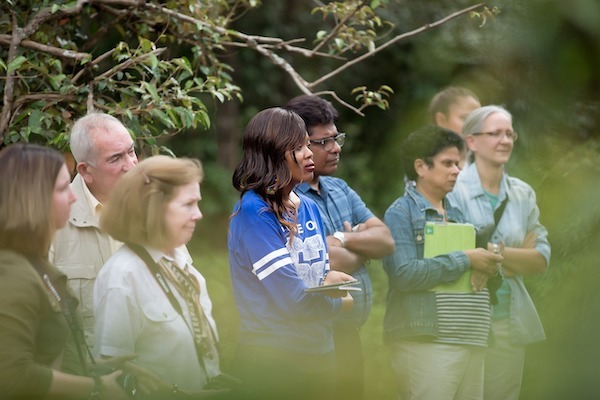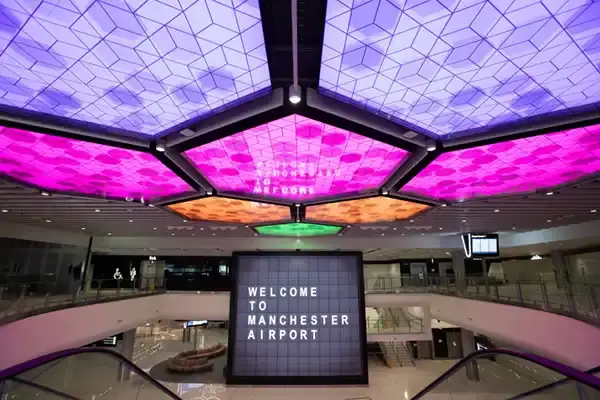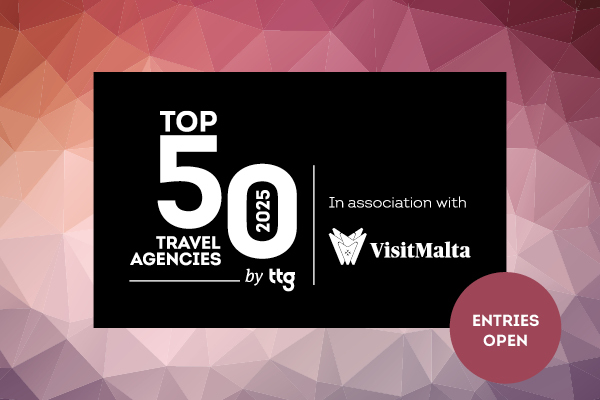Specialists identify group bookings and longer lead-in times as biggest challenges
 Ilaria Grasso Macola
Ilaria Grasso MacolaLess appetite from destinations for group bookings, longer lead-in times and managing customers’ expectations have emerged as some of the biggest issues for independent, specialist travel businesses, the Aito conference has heard.
Fiona Charrington, chief executive of cultural touring specialist Martin Randall Travel, has told delegates in Thessaloniki that more and more hotels and restaurants in destinations visited by the operator’s tours have stopped accepting group bookings in a bid to diversify their clientele.
“Restaurants, particularly in the upper-end, are saying, ‘that’s not the market we want to be cultivating any more’," said Charrington on Friday (24 November). “Hotels we’ve worked with for years are now saying, ’sorry, we no longer work with groups’."
The problem is amplified by the time it now takes to finalise bookings. “There is a huge demand out there, but we are constrained by our ability to get things on sale long enough in advance,” she added. “I would say there’s a whole new way of operating post-pandemic that takes longer – everything takes time.”
Charrington said managing clients’ expectations had also emerged as a significant issue for travel companies due to people wanting more value from their holidays amid the cost of living crisis.
“We’re spending a lot of time making sure our clients understand what it is they have booked and what they pay for, so they don’t come back and complain about the level of service or how hotel standards have now slipped,” she said.
Staffing issues and recruitment was another issue highlighted by conference panellists. Spear Travels managing director Peter Cookson said, post-Covid, travel companies need to attract people back to the sector by not only reminding them of how exciting the industry is, but also providing them with the right salary and benefits – including more mental health support.
To address the current staffing challenges it is experiencing, Spear Travels has also reverted to apprenticeship schemes, and recruiting people from outside the industry.
“We’re taking on people who have travelled around the world but not necessarily sold travel, as well as people who have had a fabulous travel experience using a travel agent 10 or 15 years ago,” he said. “We’re having to be a lot more diverse and not so narrow-minded and blinkered.”
Cookson’s comments were echoed by TravLaw partner Ami Naru, who said having a diverse workforce can help businesses improve as employees from different backgrounds can relate best to the customer base. “It’s not ticking boxes,” Naru said. “It’s about getting a workforce that does its best to reflect the customer base.”
Sign up for weekday travel news and analysis straight to your inbox

Ilaria Grasso Macola
Supplier Directory
Find contacts for 260+ travel suppliers. Type name, company or destination.
















